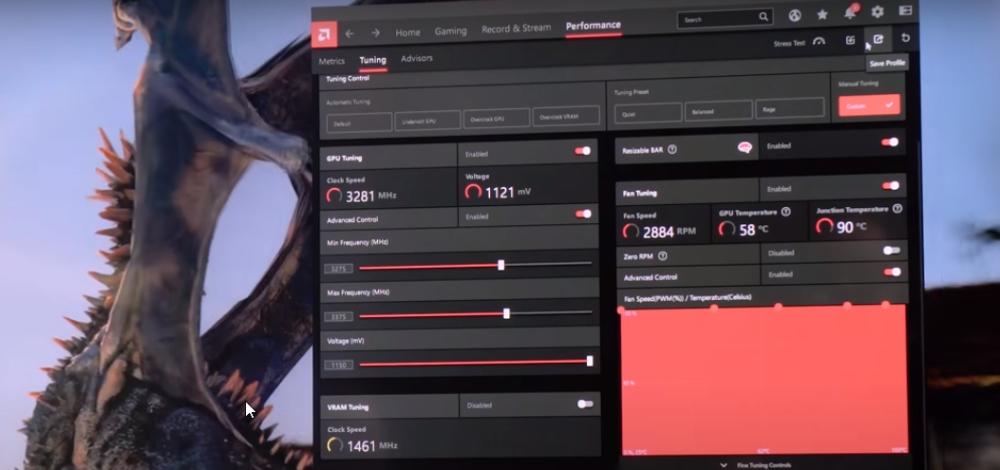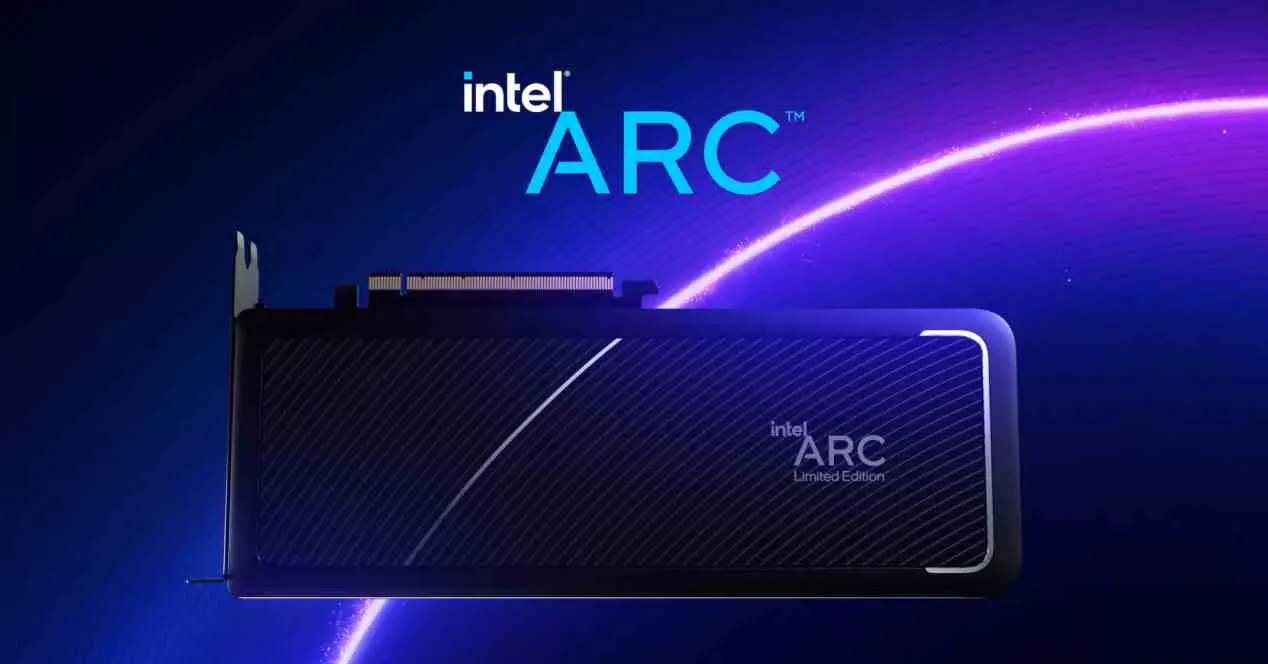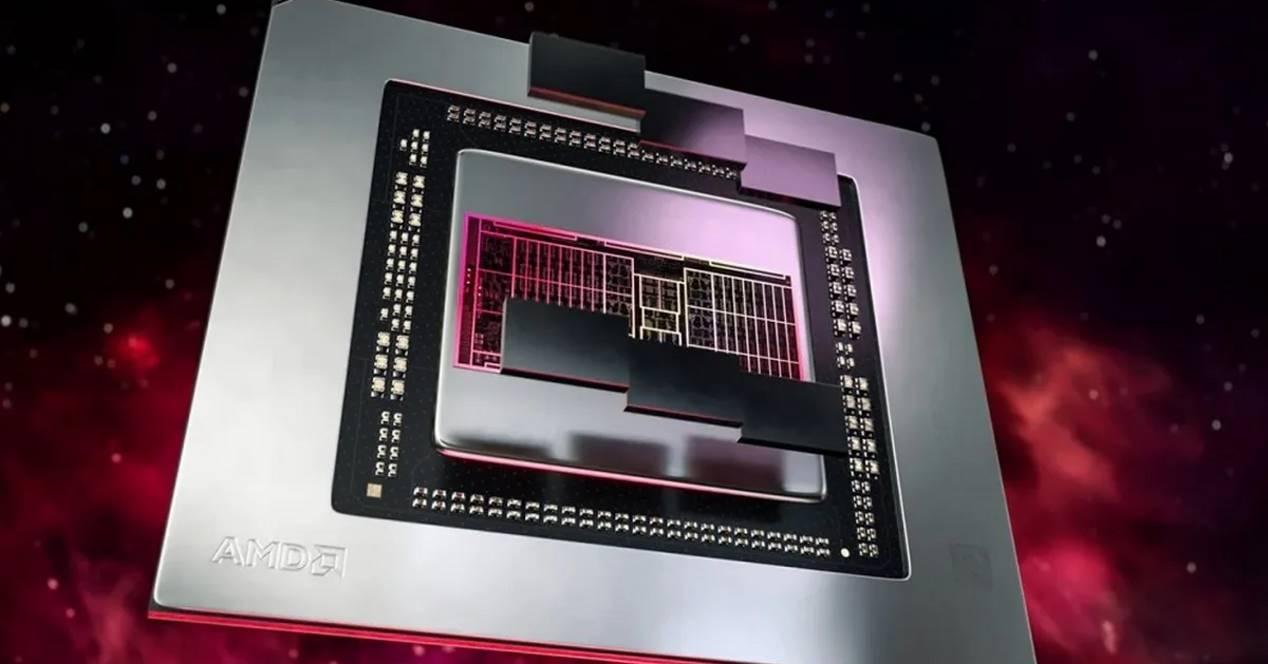
The launch of the new AMD graphics cards is turning out to be less convulsive, and it is that while for some they more than comply with what is asked of them, for others they fall short in performance. It is the latter who have decided overclock your RX 7900 And they have found an unexpected surprise. Power loss. Why is this happening?
One of the most absurd controversies with the launch of the RX 7900 has been its clock speed, all due to the fact that “information leakers” spoke of clock speeds above 3 GHz. In defense of the Radeon manufacturer we have to say that they never talked about those speeds, but about improving efficiency per watt officially. In any case, these rumors have made many users decide to overclock their next-generation AMD graphics cards.
Why does overclocking the RX 7900 cut performance?
Increasing the clock speed should mean a performance boost; however, on the RX 7900 overclocking can sometimes backfire. Let’s not forget that a GPU is a less complex chip made up of different pieces with different speeds and power domains. So it is common in designs to give them different electrical domains. Think of it like rooms in a house with different switches that can be turned on and off.
However, things are more complex, since it would be more like having light switches that can be regulated so as not to exceed a certain level of energy consumption on the graphics card. Thus, they have found that when done overclocking an RX 7900 and the chip exceeds certain speed limits, then the memory controller clock speed starts to drop. Which we remember that is in the small chips around the main one, in the case of the first GPU with chiplets.
The consequences of it? Easy, because graphics cards depend on bandwidth for their performanceAs the clock speed increases, the demand for it increases, but at the same time the transfer rate between the GPU and low memory ends up creating a bottleneck that reduces its work capacity. In the image that you see below we can see how the fact of Raising the clock speed to 3281 MHz means a drop in memory speed to 1461 MHz. Namely, go from 2.5 GHz of 20 Gbps to a speed of 12 Gbps. That is, a cut in bandwidth almost in half, from 960 GB/s to 576 GB/s.
What are the causes of all this?
Well, at this point we can start speculating, but we believe that due to the controversy of the high power 12+4 pin connector that many have related to NVIDIA, when it is a PCI-SIG standard that AMD will use when the time is right, and associated problems. What has led to the manufacturer of the Radeon has launched its RX 7900 with the traditional power connectors.
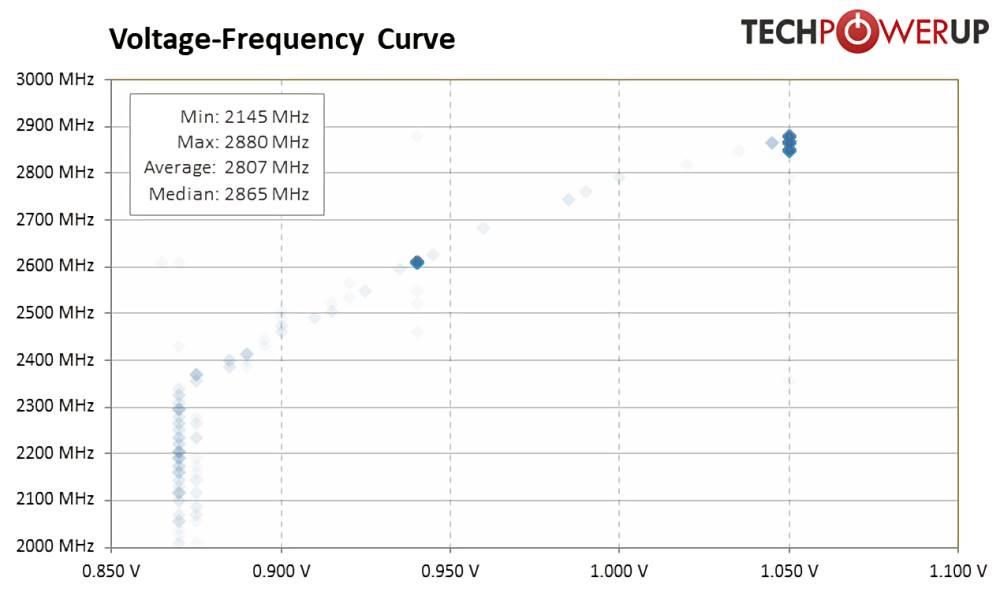
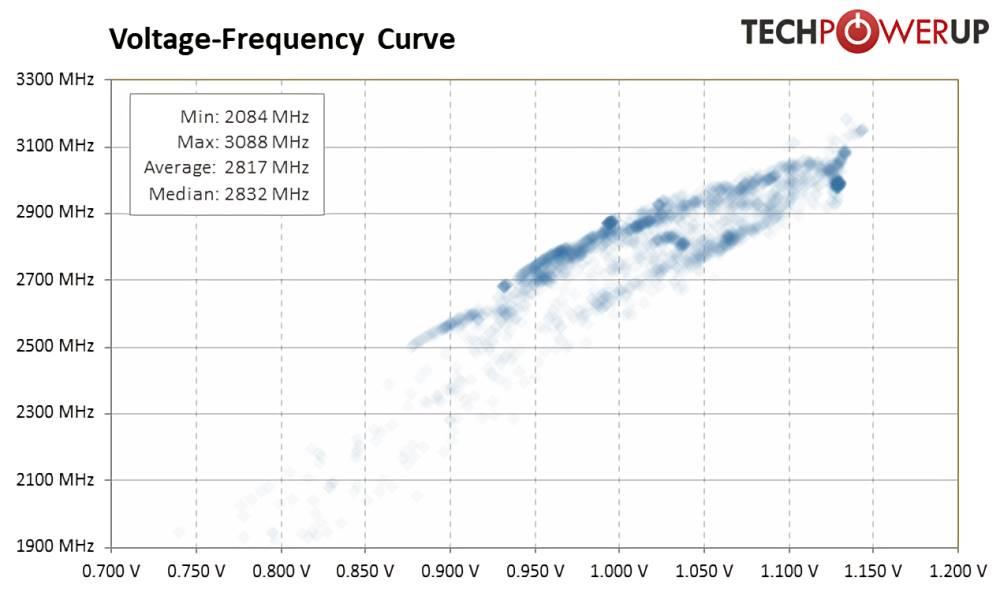
All this indicates that AMD’s most powerful GPU could go at a higher clock speed, but already within the parameters of needing a new connector. Which makes us wonder if in 2023 they will have a possible RX 7950 XT ready with higher consumption, but also with much better performance. In any case, to release an improved version, AMD would not do it with the same chip, but with a paired version of it or, failing that, with an optimization. In any case, one of the things that they have to improve is the curve between the clock speed and the voltage, which is worse than in the NVIDIA RTX 4090. Which indicates that the overclocking is worse in the RX 7900 and, therefore, unless there are changes in that aspect, it would reach lower speeds.
